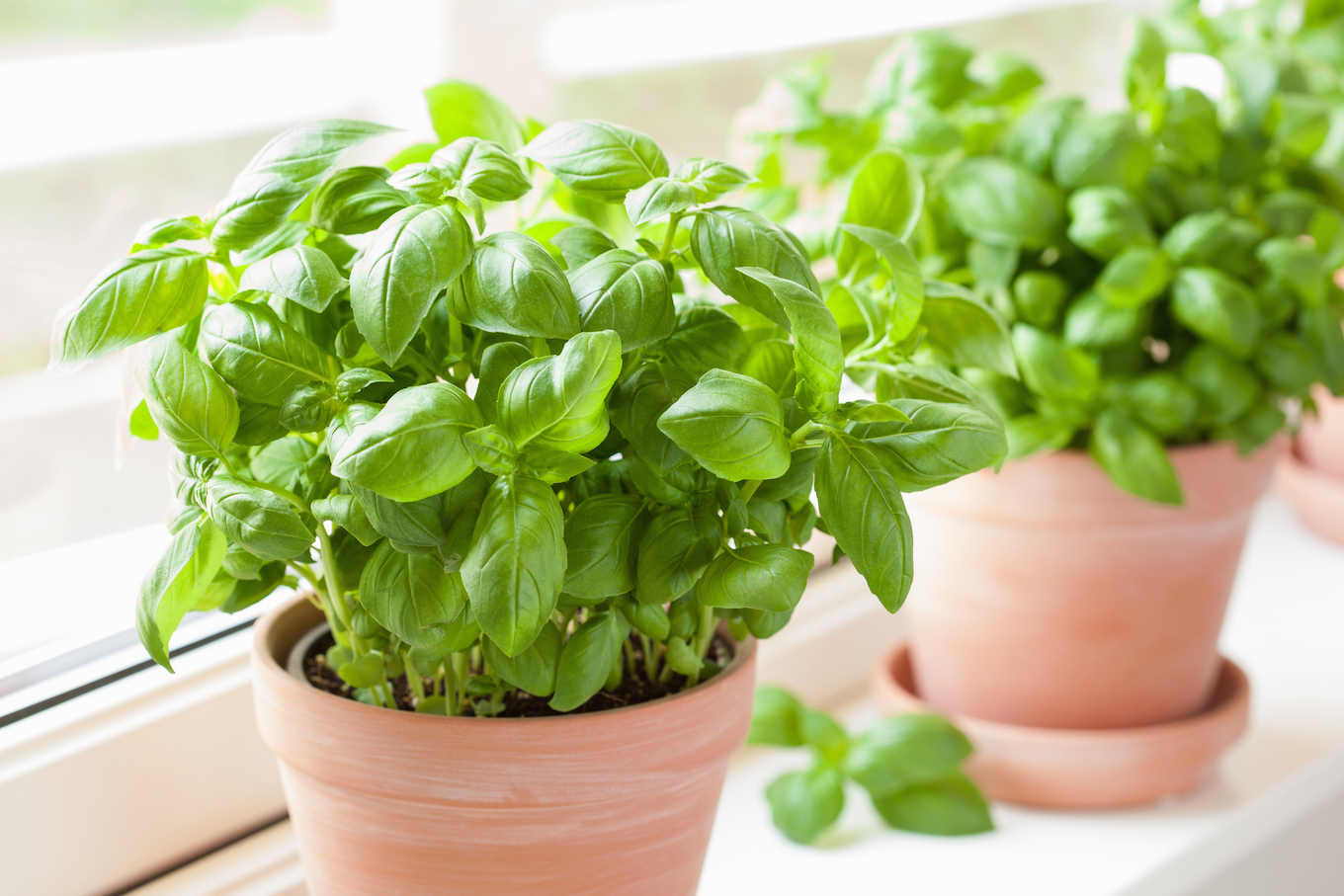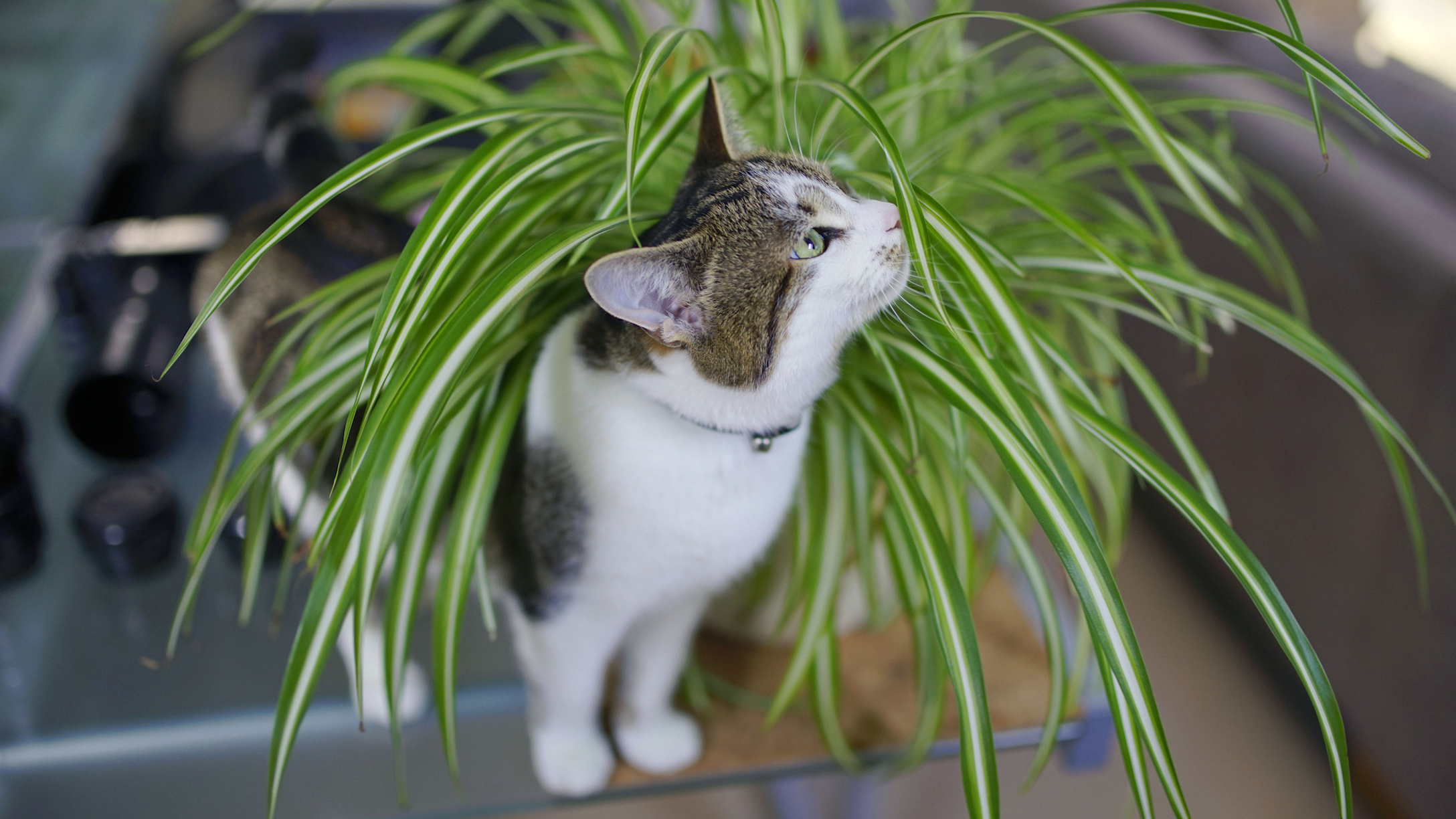
Who else is constantly Googling to see if certain household items are safe for pets to be around? One common concern for cat and dog owners is houseplants, several of which can be highly toxic. But owning a pet doesn’t mean giving up gardening forever. We’ve rounded up 17 non-toxic houseplants for those who have dogs or cats.
This means if the pet happens to eat some of the leaves, it will probably be OK. But we should still always do our best to keep even non-toxic houseplants away from our furry friends. And always consult with a vet if there are any concerns about what your pet has eaten.
More from LittleThings: Popular Himalayan Salt Lamps Can Be Extremely Dangerous For Your Pets, Experts Warn
Catnip
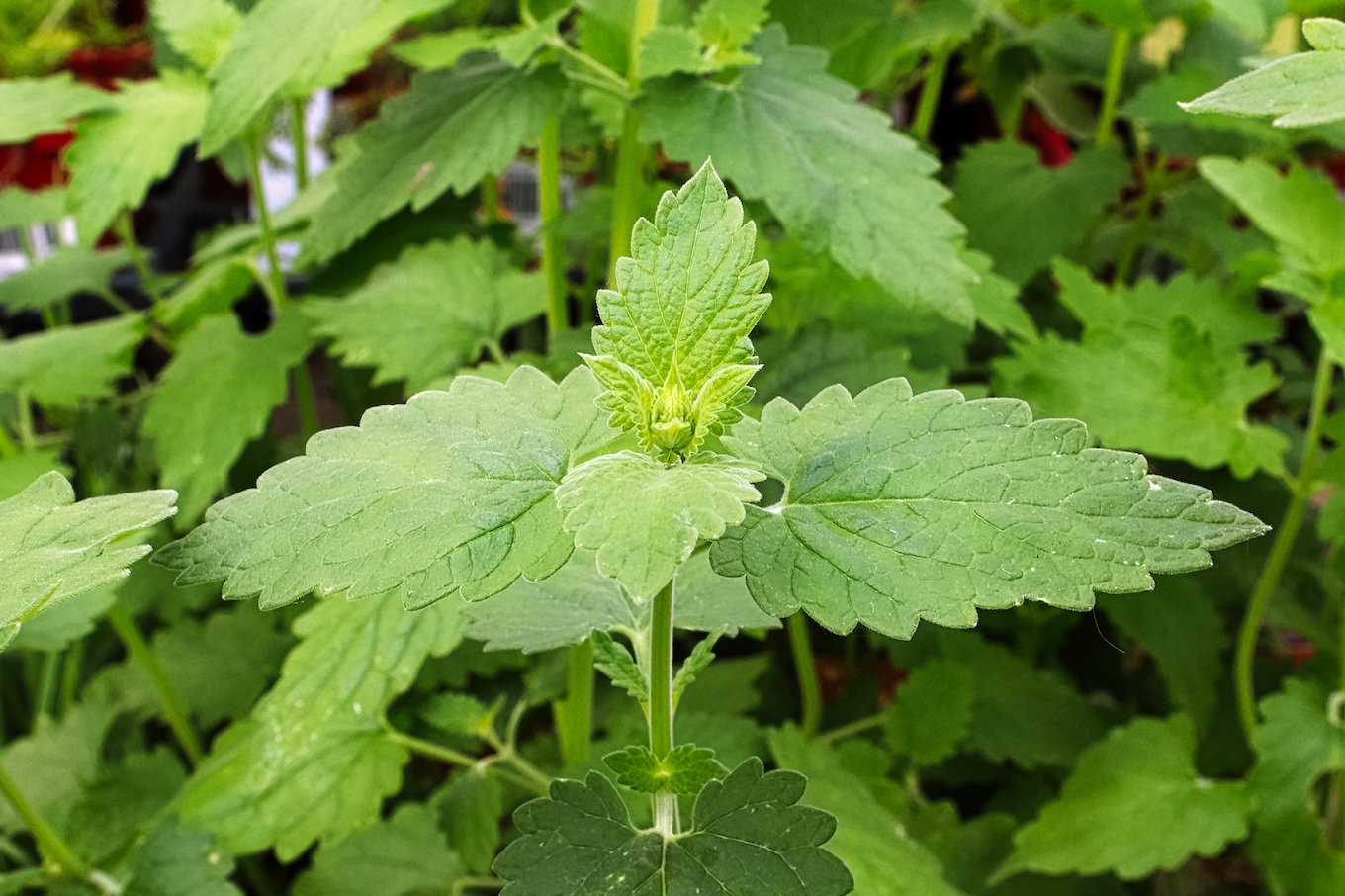
Catnip is so safe for cats that it’s in nearly all of their toys. According to Daily Paws, it also has a calming effect on dogs, so it’s safe to have around both animals. Although the catnip commonly found in cat products is dried, growing the fresh plant inside is an option, according to Bonnie Plants.
Cat Grass
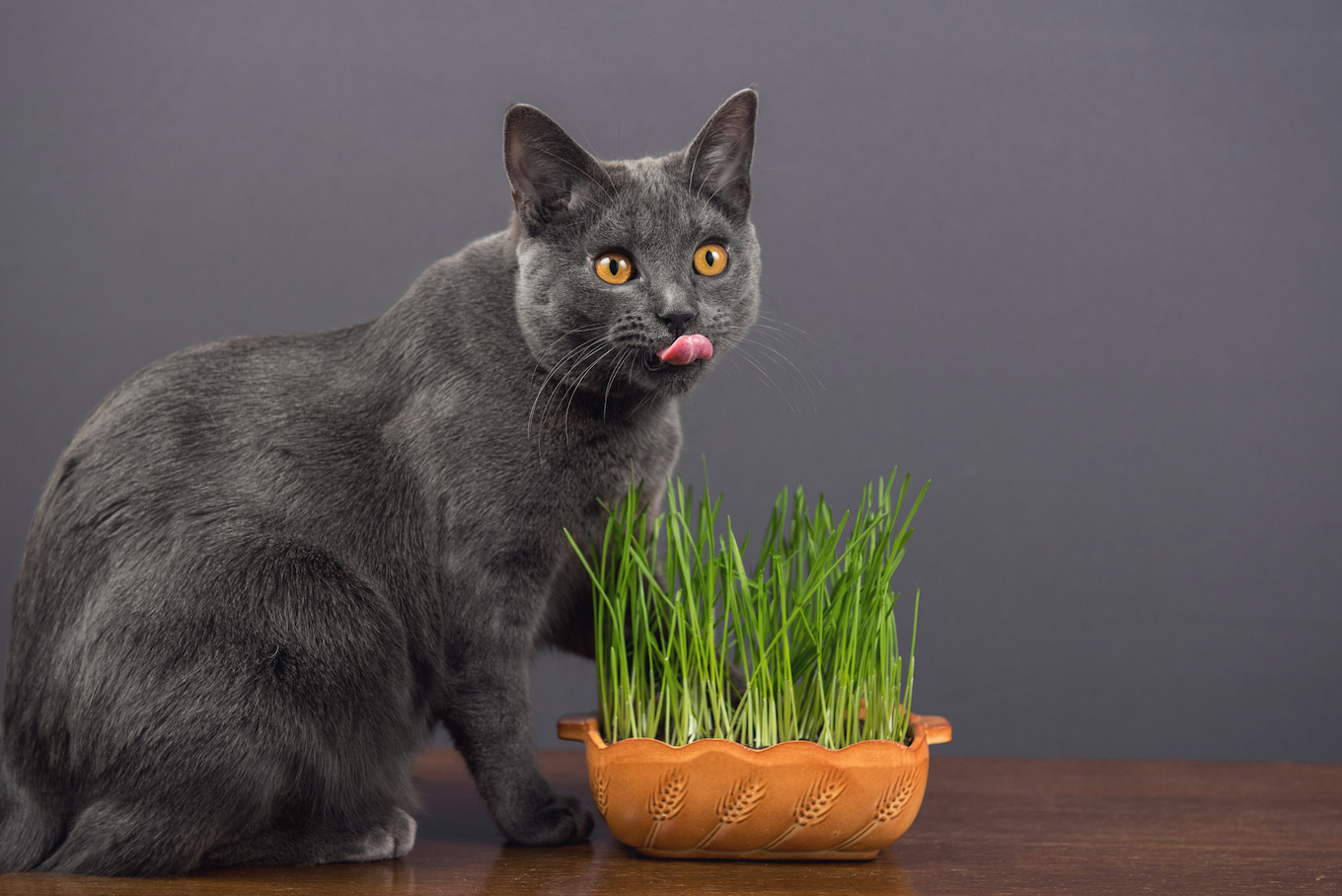
For cats who love to chew on plants, consider growing cat grass inside. According to PetMD, “cat grass” is really just grass grown from rye, barley, oat, or wheat seeds, and it’s safe for cats to consume. It’s available at stores like PetSmart and is also safe for dogs, per FetchPet. It’s still wise to check with the vet before letting our pets feast on the grass.
String of Hearts
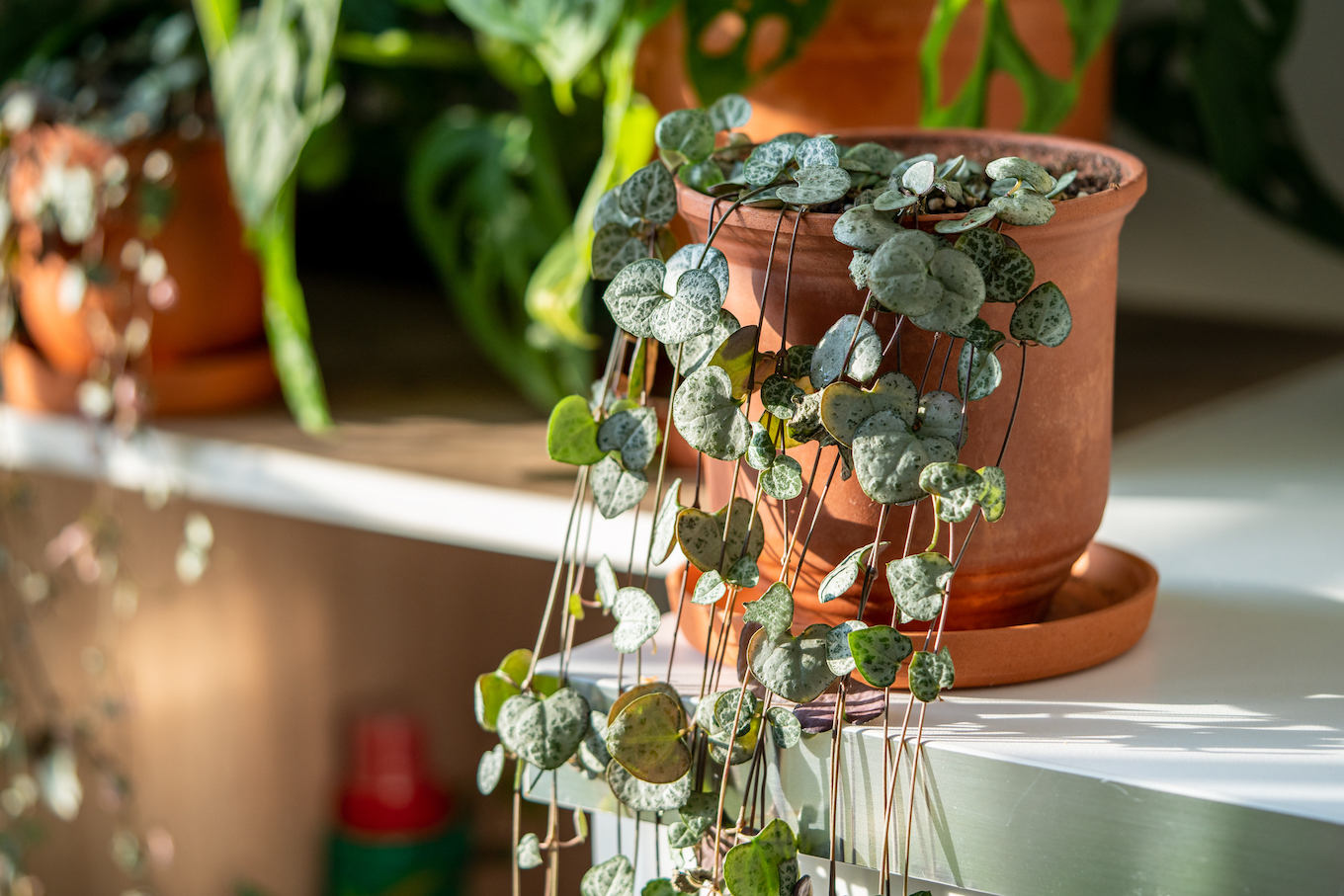
This plant is gorgeous, with its heart-shaped leaf tendrils. Fortunately, it’s also non-toxic to pets, per Apartment Therapy. As with the other non-toxic houseplants on this list, though, non-toxic still doesn’t mean our pets should go out of their way to eat them. Try to place the string of hearts out of reach.
More from LittleThings: Give Your Boss These 8 Reasons Why Dogs Should Be Welcome At The Workplace
Prayer Plant
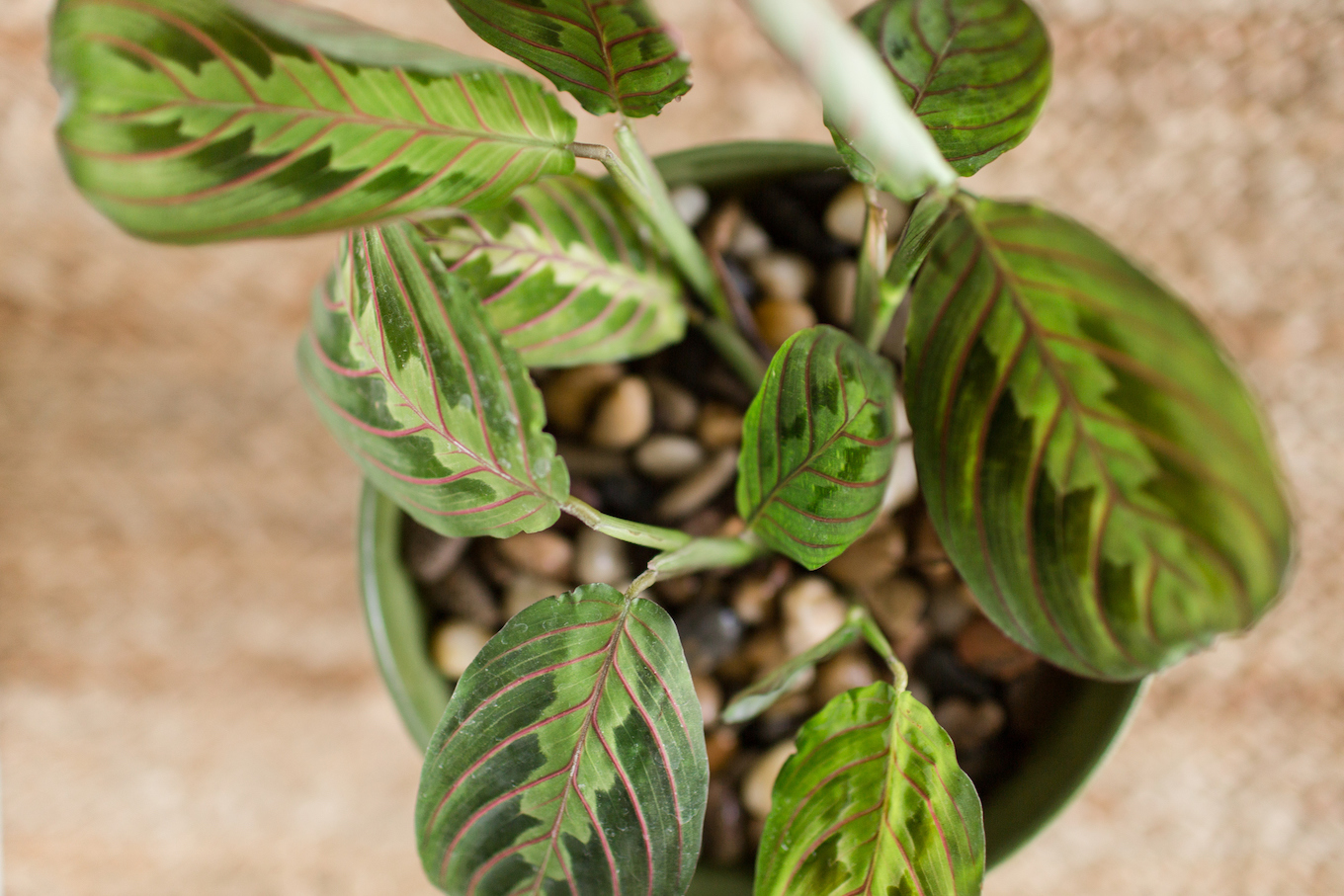
Calathea plants, like the prayer plant, are non-toxic to both cats and dogs, according to the American Society for the Prevention of Cruelty to Animals. According to the New York Botanical Garden, this plant gets its name from what its leaves do. The plant’s leaves follow the sunlight, raising and folding as it gets dark out.
Nerve Plant
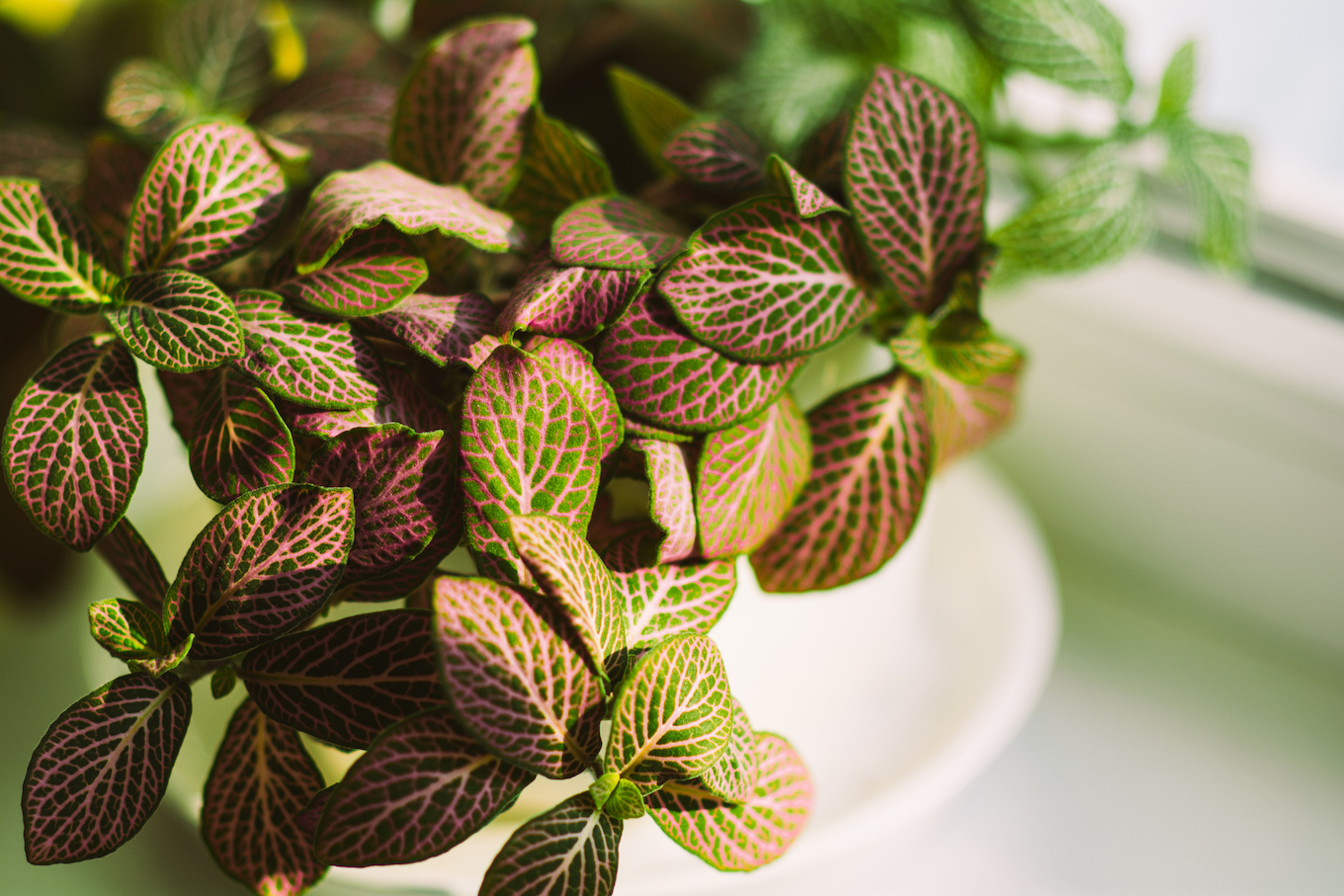
Nerve plant, also known as fittonia, is not toxic to dogs or cats, notes ASPCA. It gets its name for the contrasting leaf veins, which can come in pink, white, or red shades, according to Southern Living. See? Having pets doesn’t mean giving up gorgeous houseplants.
Pilea
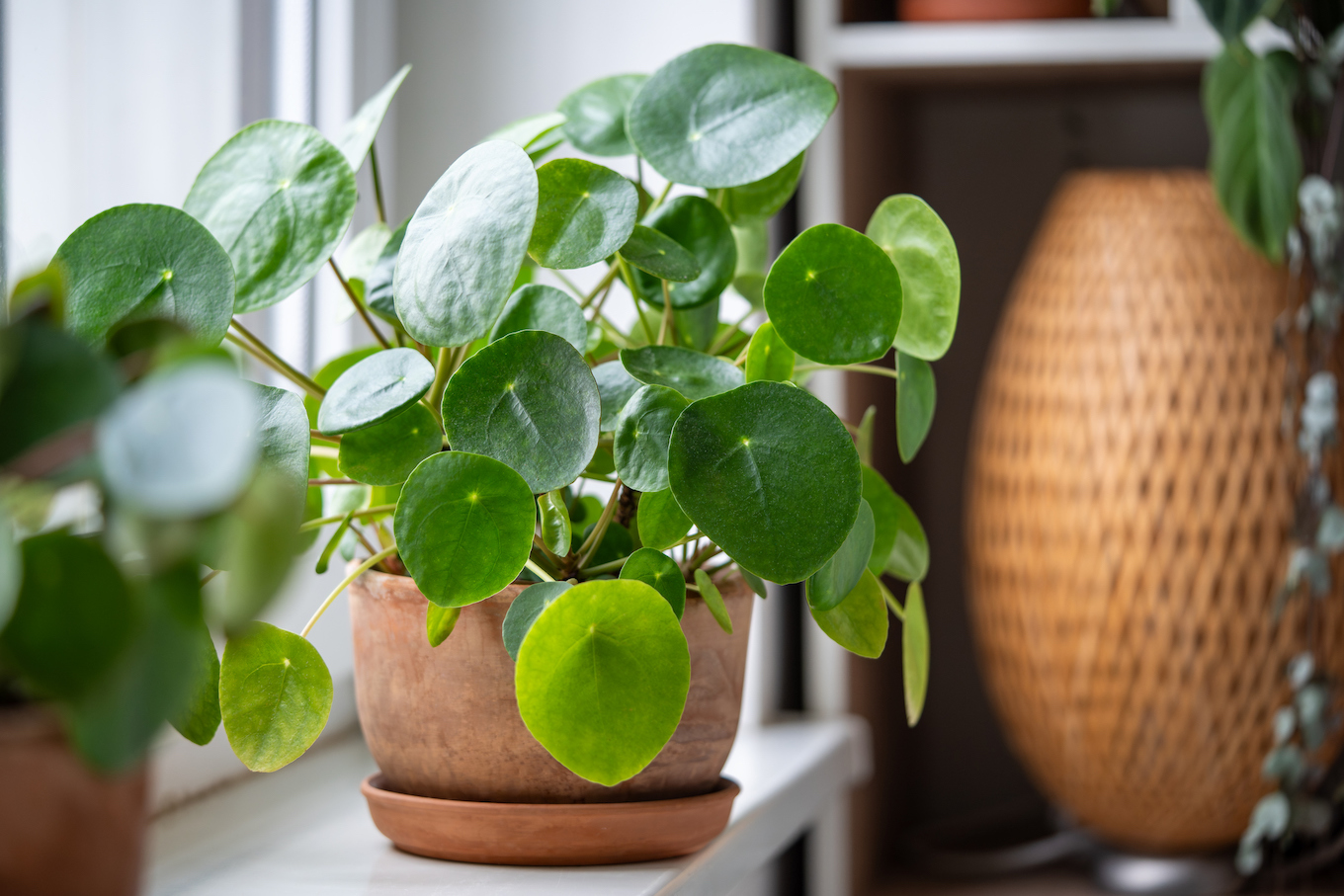
Also known as the Chinese money plant, this pilea has gorgeous circular lily pad leaves. And the good news is that this plant is non-toxic to cats, as veterinarian Dr. Lorna Whittemore confirmed to Catster. And dogs are safe from this plant as well, per Plant Addicts.
Peperomia
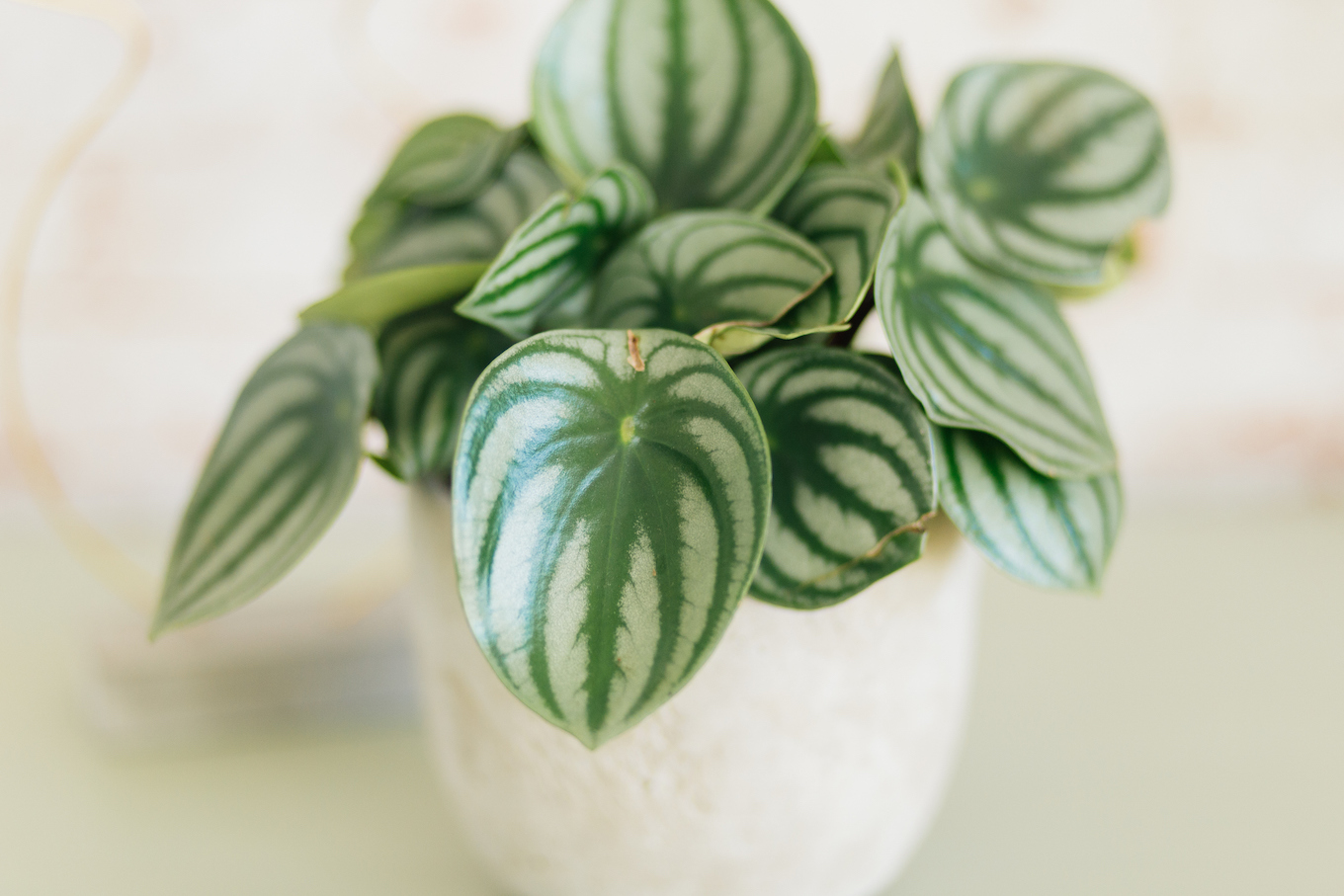
Per the ASPCA, the Peperomia species — from the vining peperomia to the blunt leaf peperomia to the pictured watermelon peperomia — are all pet safe for dogs and cats. And because there are so many variations within the genus, we have a lot to choose from to decorate our home.
Moth Orchid
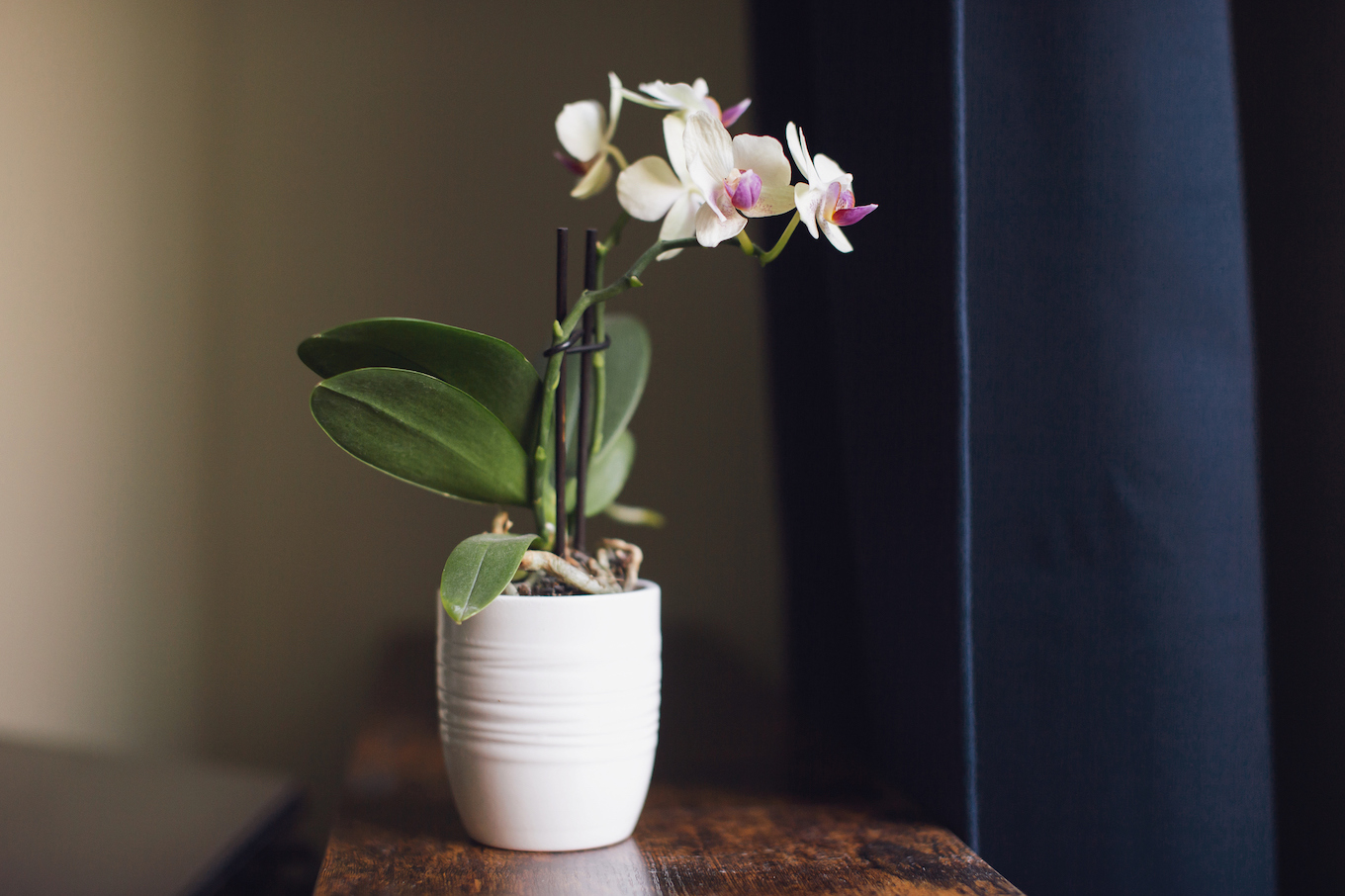
Some flowers, like lilies, are highly toxic to pets. But the moth orchid is safe, according to The Spruce. Fortunately, this type of orchid is among the most common and popular anyway, so they should be pretty easy to find for any dog or cat owners out there.
Venus Flytrap
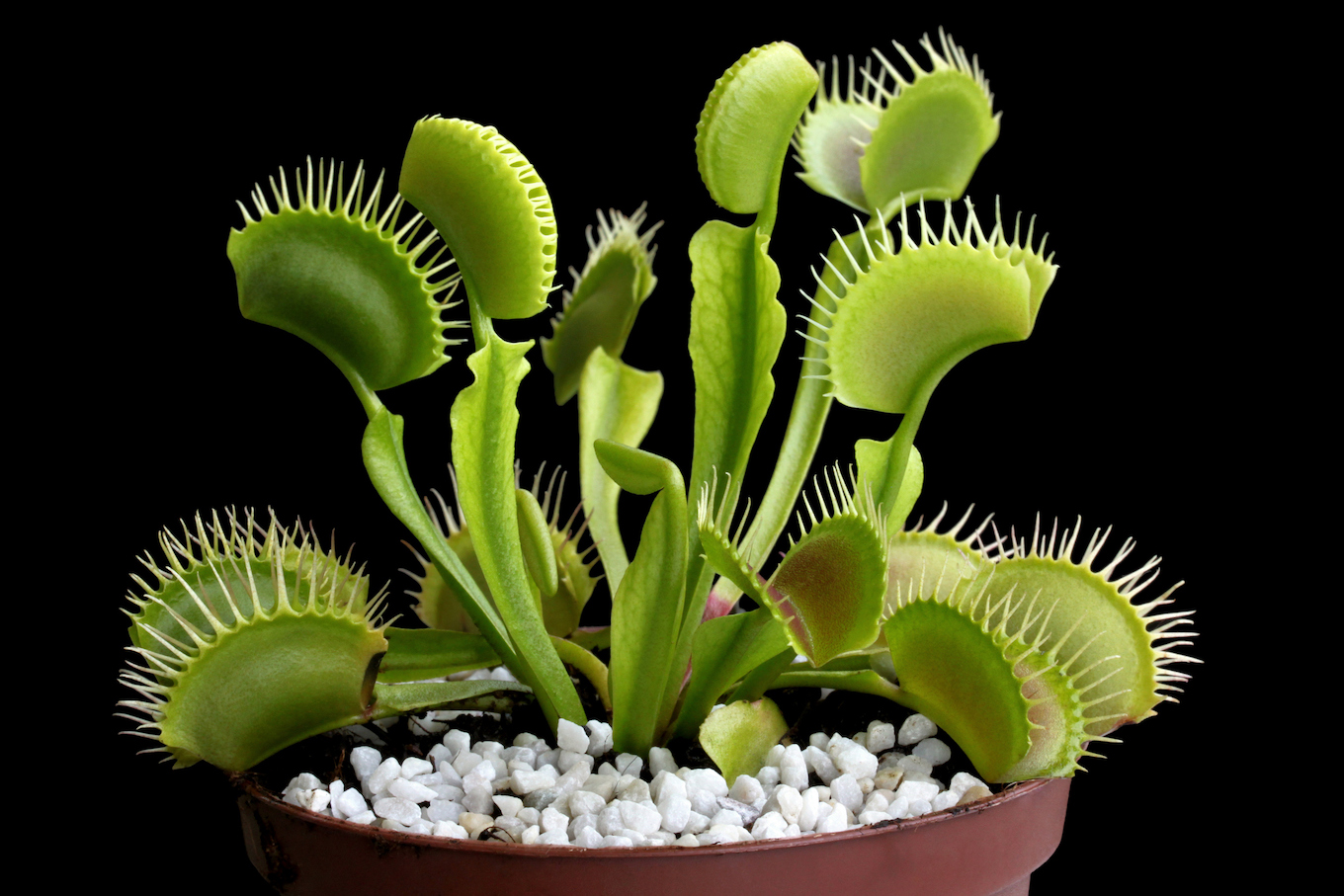
A Venus flytrap is safe for cats and dogs, according to ASPCA. But it’s definitely not safe for household pests like ants, spiders, and, of course, flies, per the National Wildlife Federation. The carnivorous plant can trap and digest a number of bugs.
Boston Fern
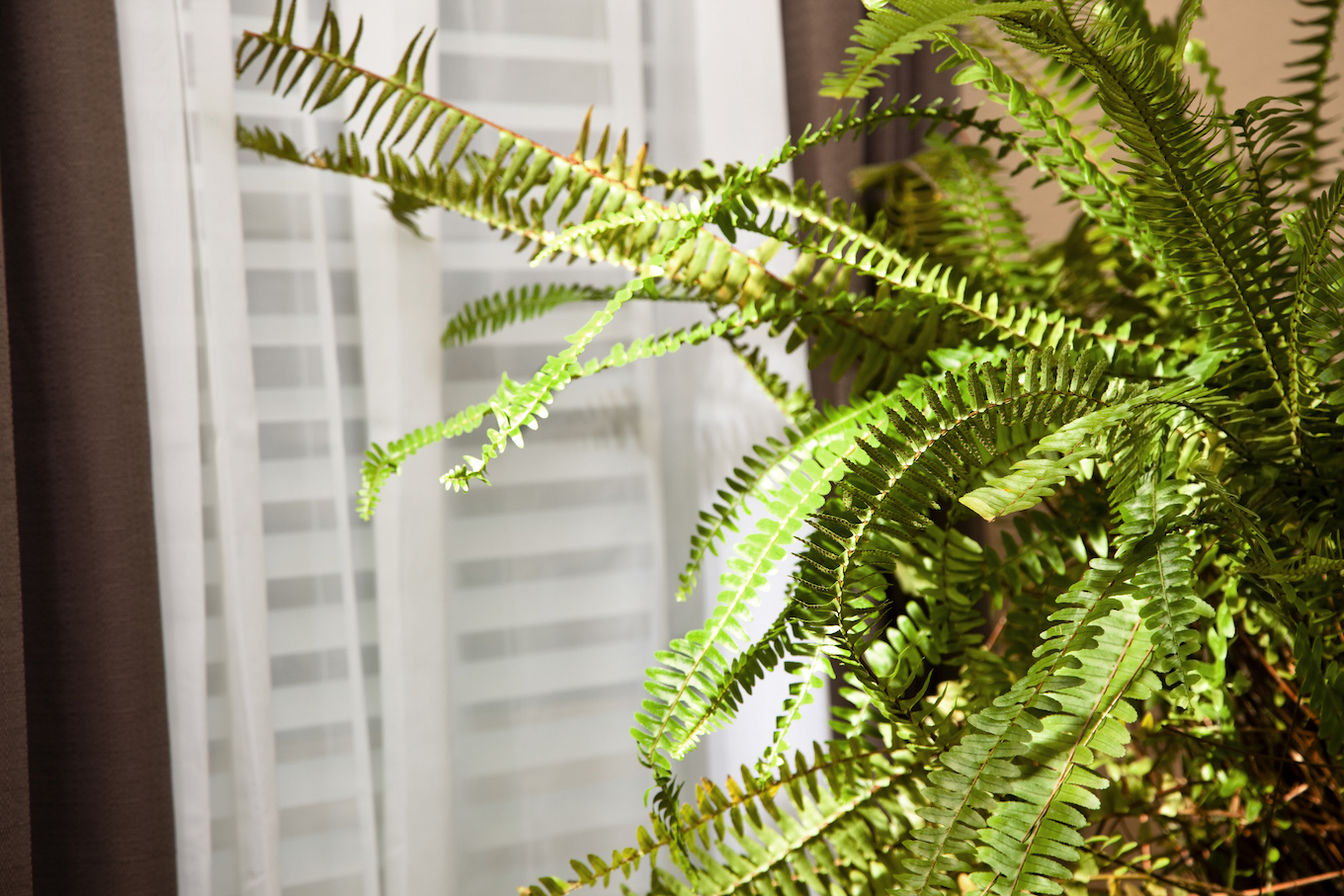
The Boston fern is non-toxic to cats and dogs, ASPCA notes. And, according to The Spruce, it’s an easy plant to take care of. Perfect for a homeowner who wants a bit of greenery without putting in too much gardening work.
Parlor Palm
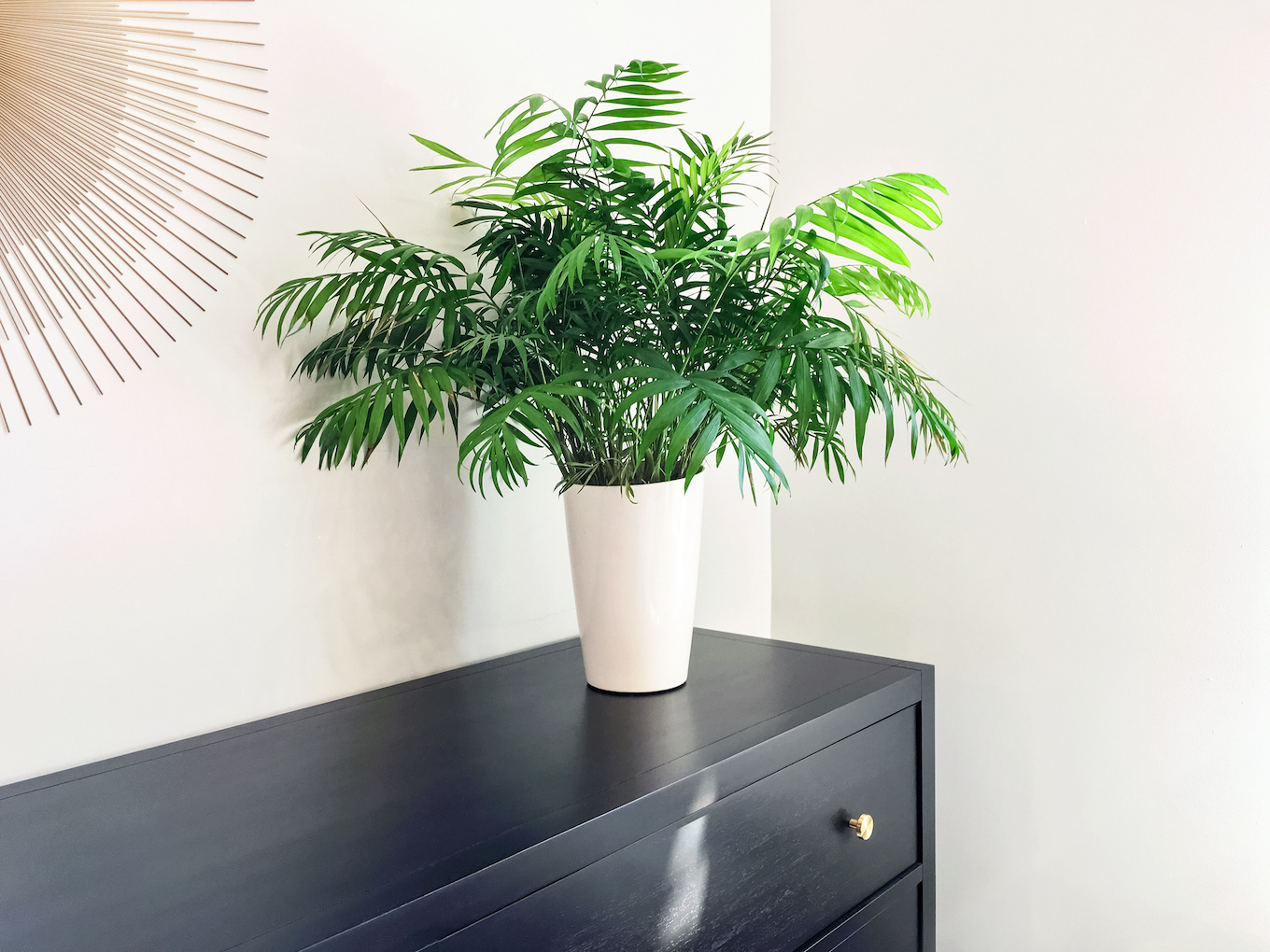
The parlor palm is one of the bigger plants on this list. Because it can grow quite large, it makes for great house decor to fill any empty room corners with a bit of greenery. Fortunately, it’s also non-toxic to both dogs and cats, per ASPCA.
Ponytail Palm
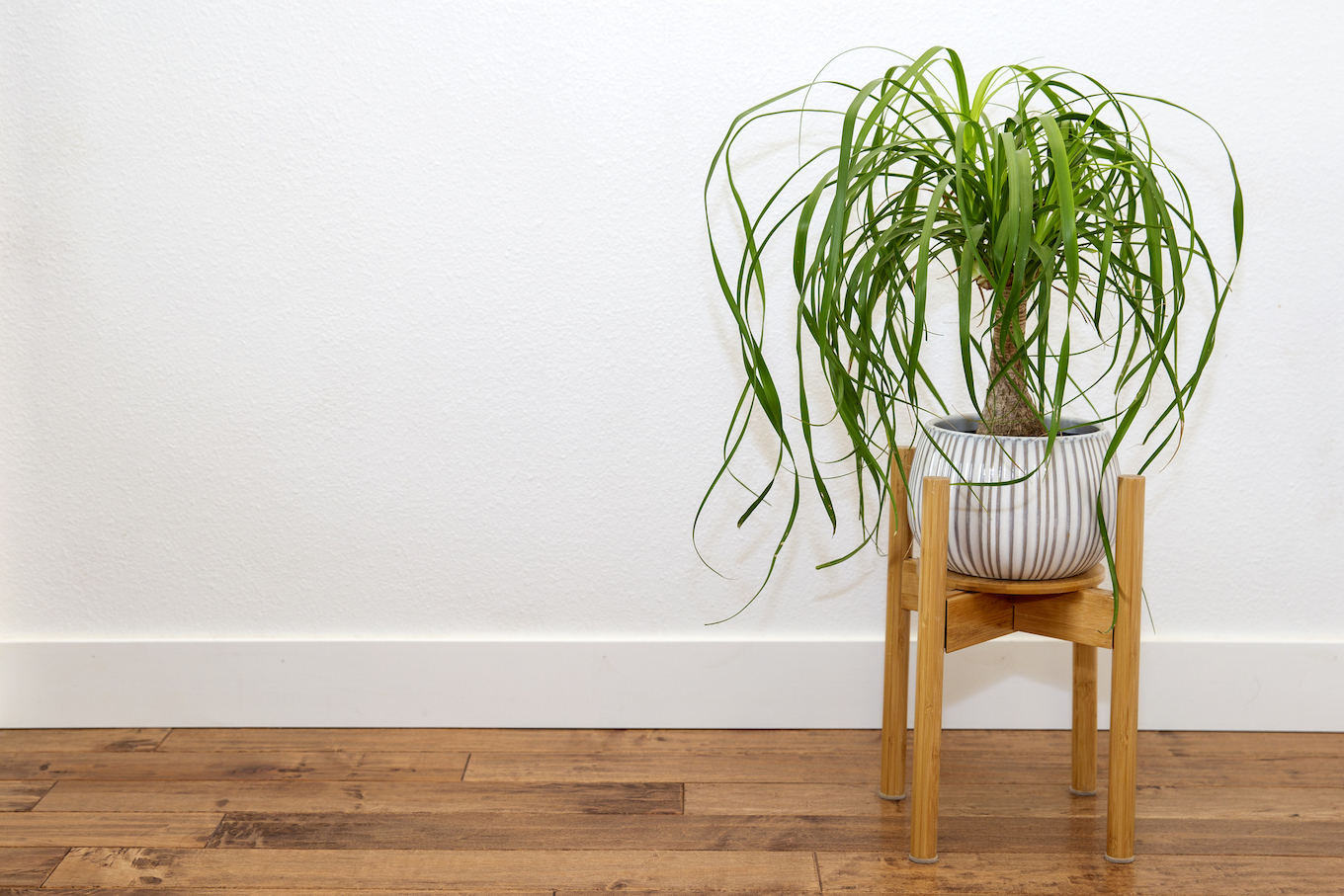
Another non-toxic palm is the ponytail palm. Looking at this picture, it’s easy to see how it got its name. The long leaves sort of look like hair! Per ASPCA, this palm is also pet friendly as it’s non-toxic to dogs, cats, and even horses.
Spider Plant

The spider plant gets its name from its long trailing stems, according to Wisconsin Horticulture. It’s relatively easy to care for, and makes a great plant for people with cats or dogs. According to Lively Root, spider plant doesn’t contain any poisonous chemicals that could make it harmful to pets.
Hens & Chicks Succulent
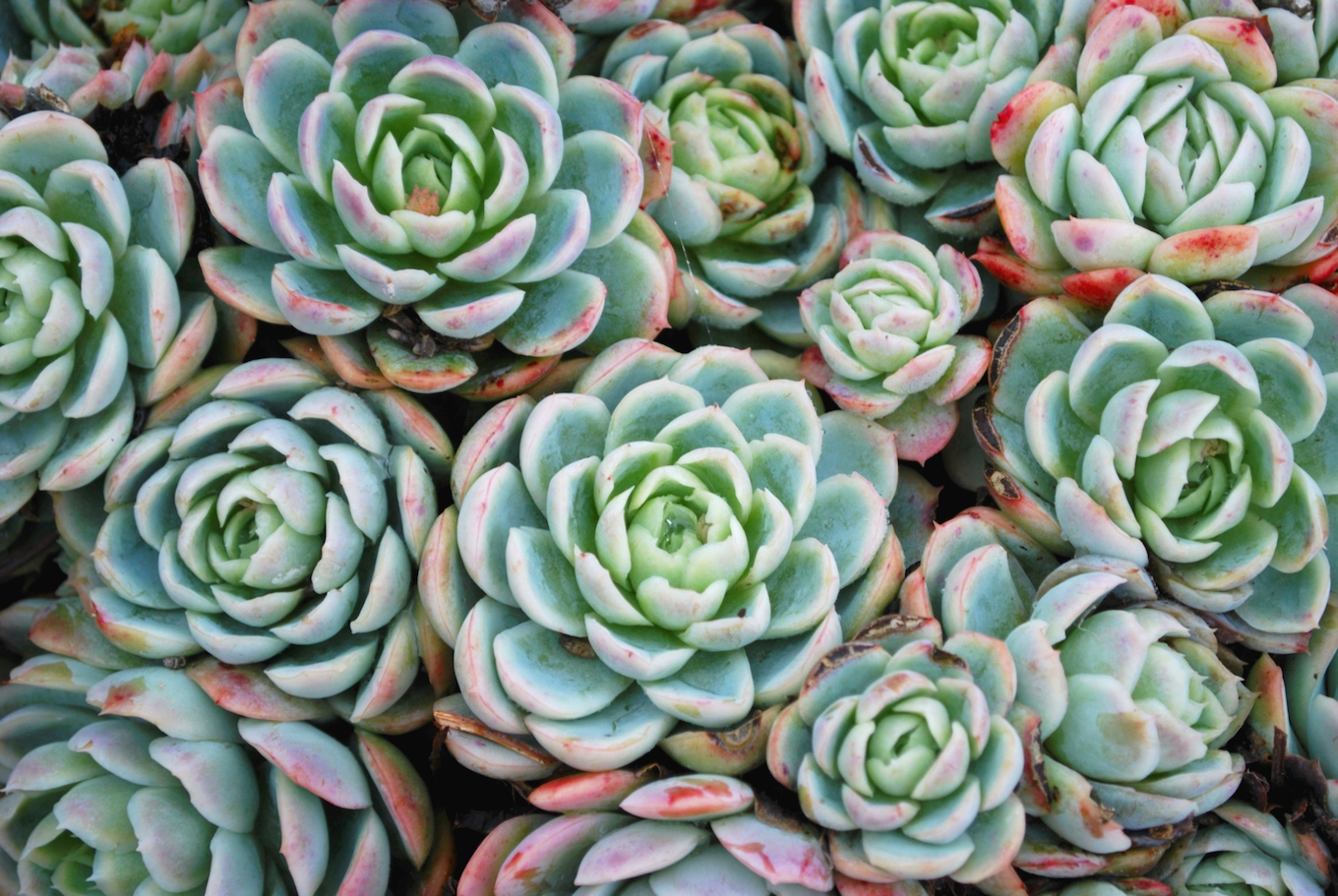
Succulents don’t require much watering, so they’re decently easy for beginner plant owners to care for. But some varieties can be quite poisonous, like aloe vera and jade plant, according to PetMD. However, the hens and chicks succulent, which is also called louseleek, is non-toxic, PetMD reported.
Ghost Plant
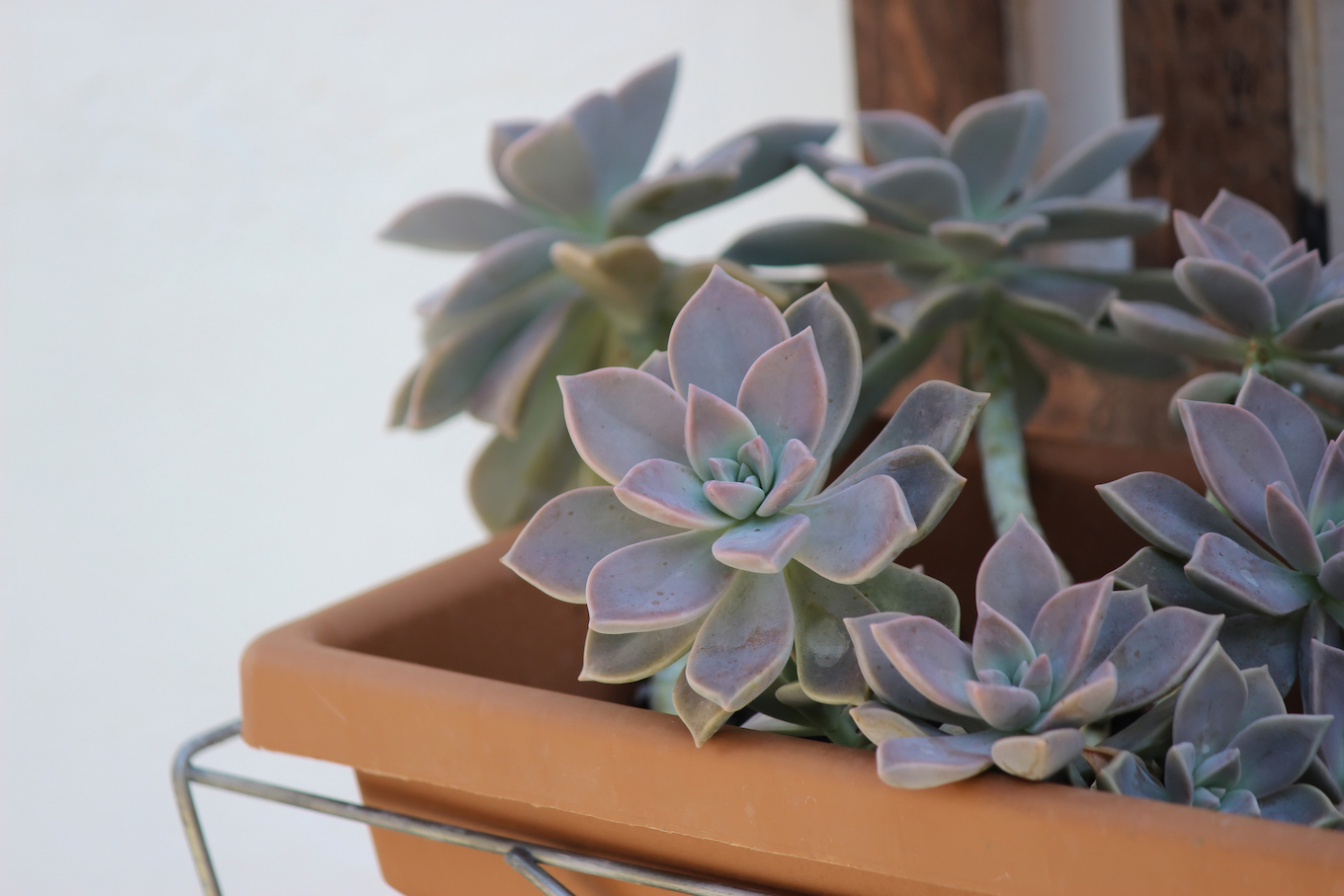
Another non-toxic houseplant for dog and cat owners is the ghost plant, which is a succulent named for its pale leaves. According to Daily Paws, this plant is one of the safer ones, although it’s still always best to at least try to keep the pets away from any plants.
Zebra Haworthia
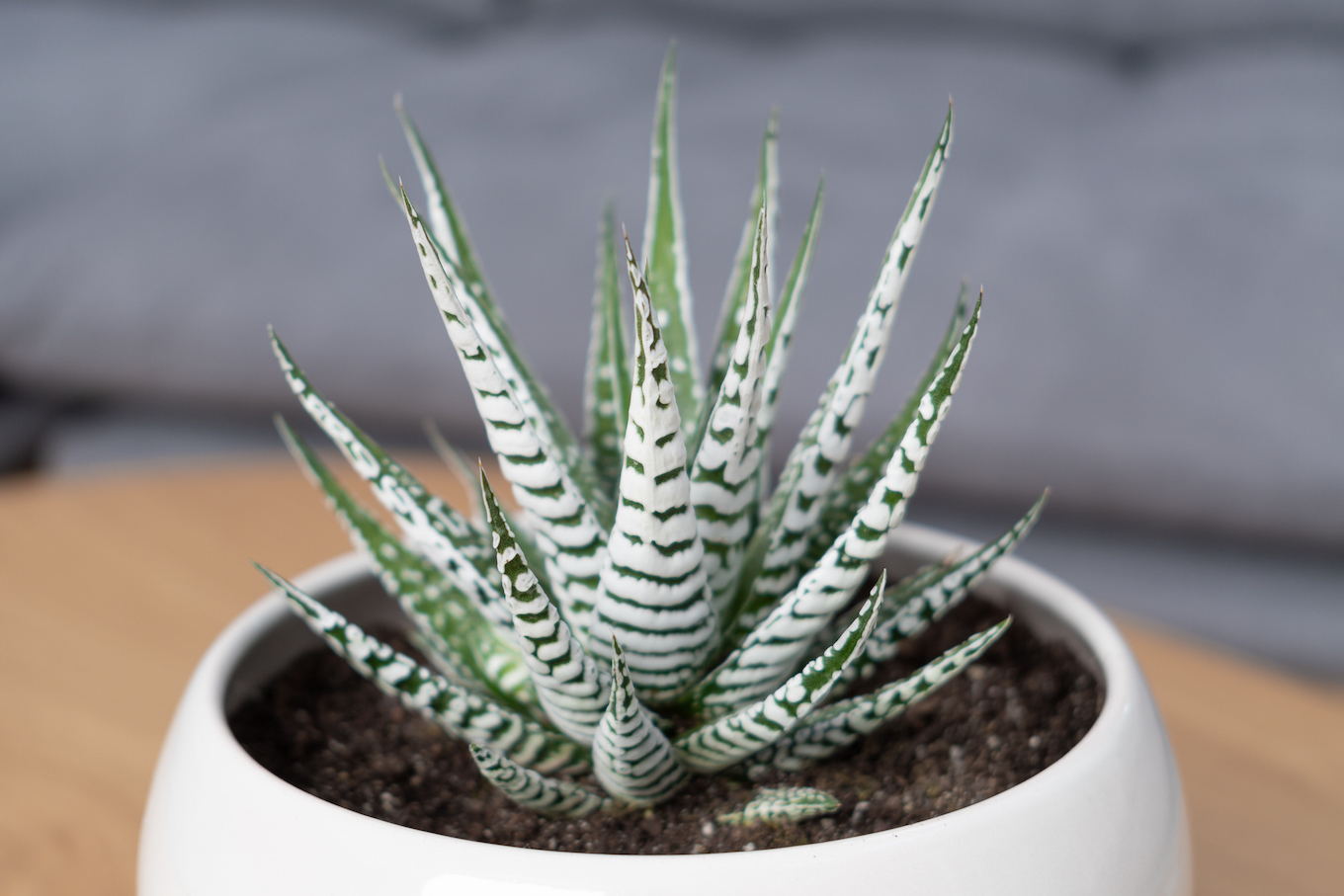
Another safe succulent is the zebra haworthia. It’s easy to see how it got its name, thanks to its pronounced stripes. Per the ASPCA, this houseplant is considered to be non-toxic to both cats and dogs. And since it’s a succulent, it’s pretty easy for us humans to take care of, too.
Basil
